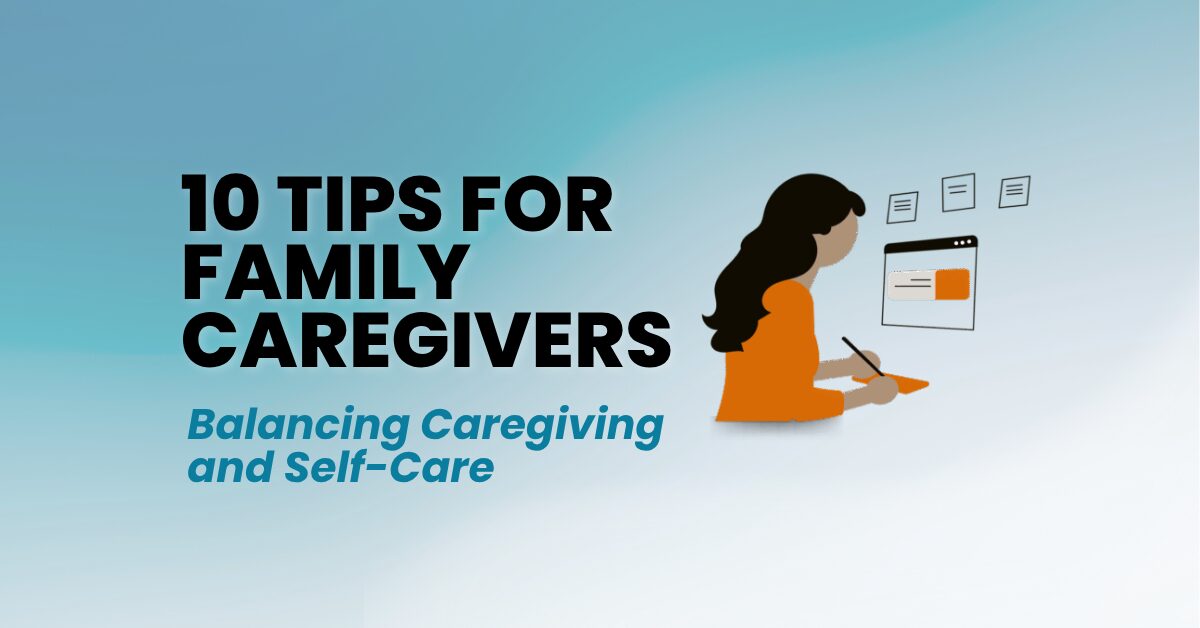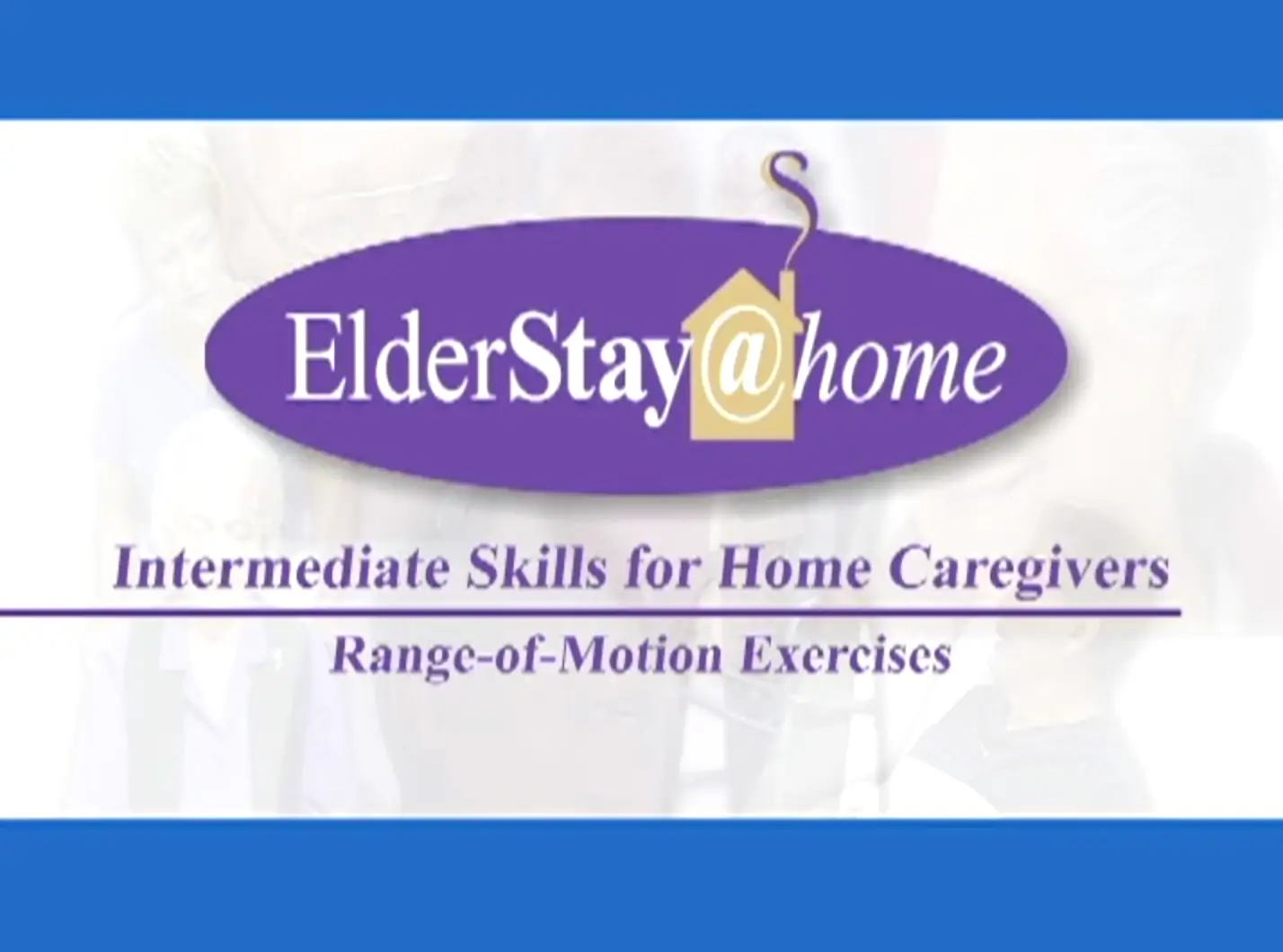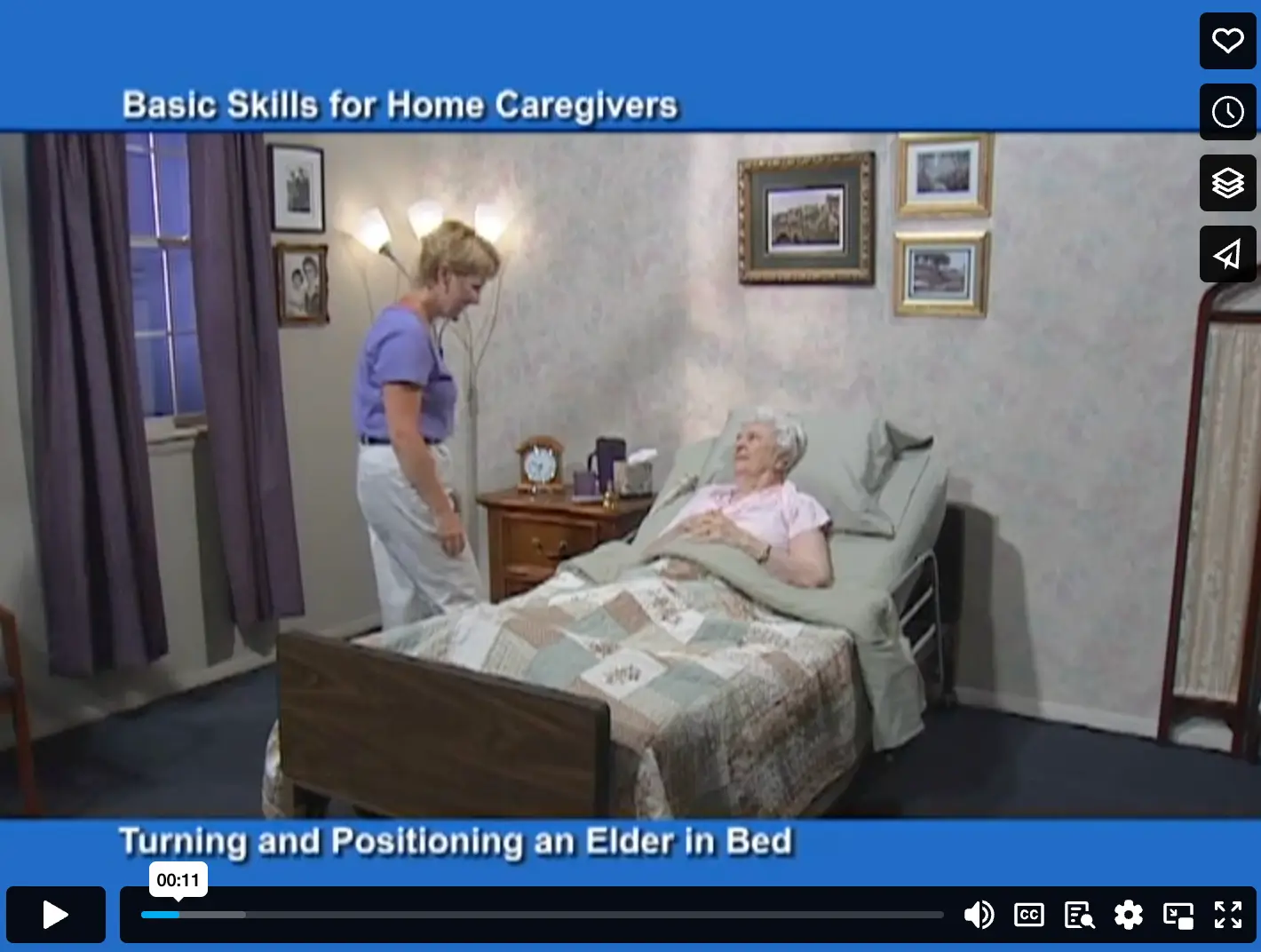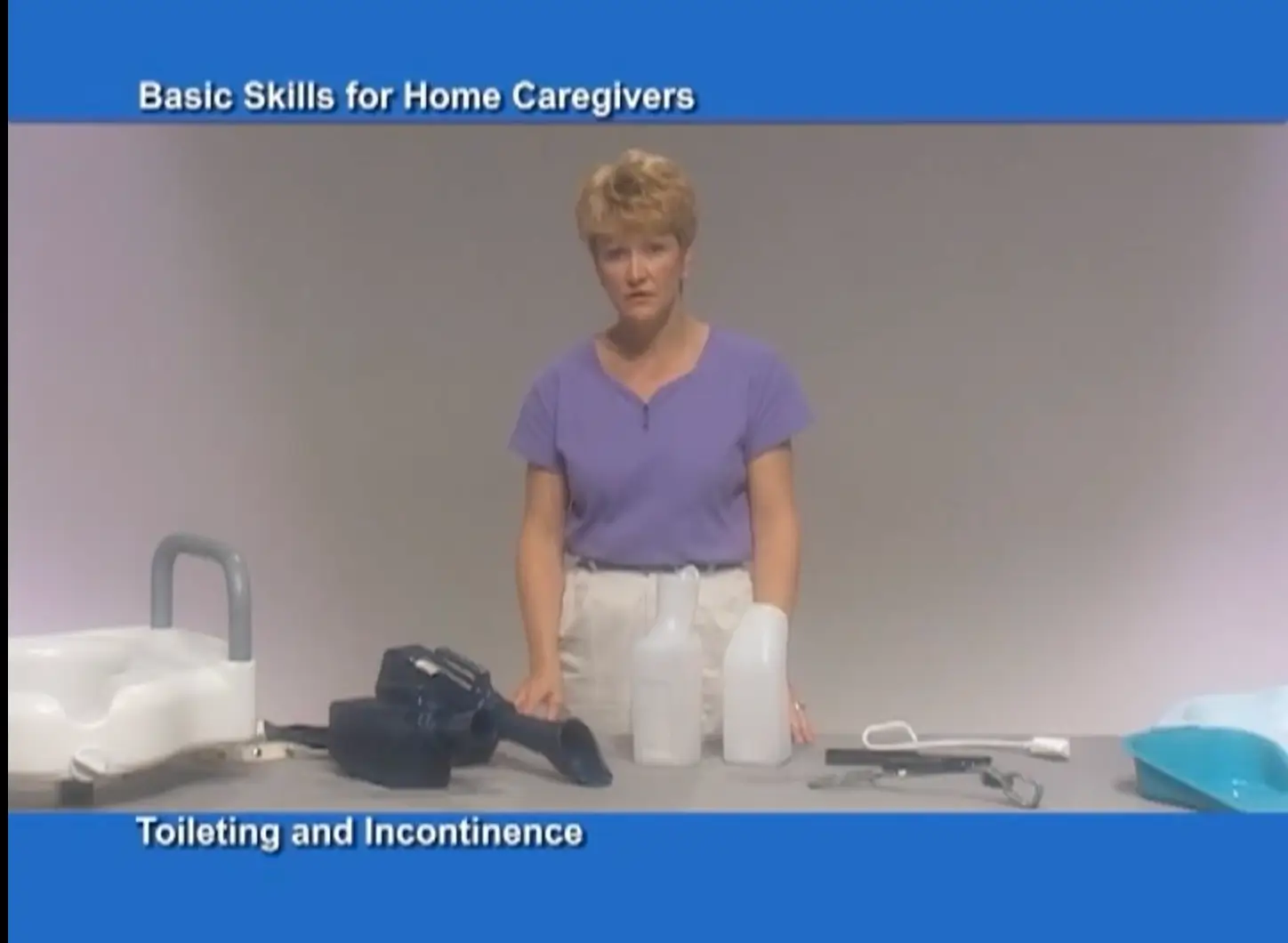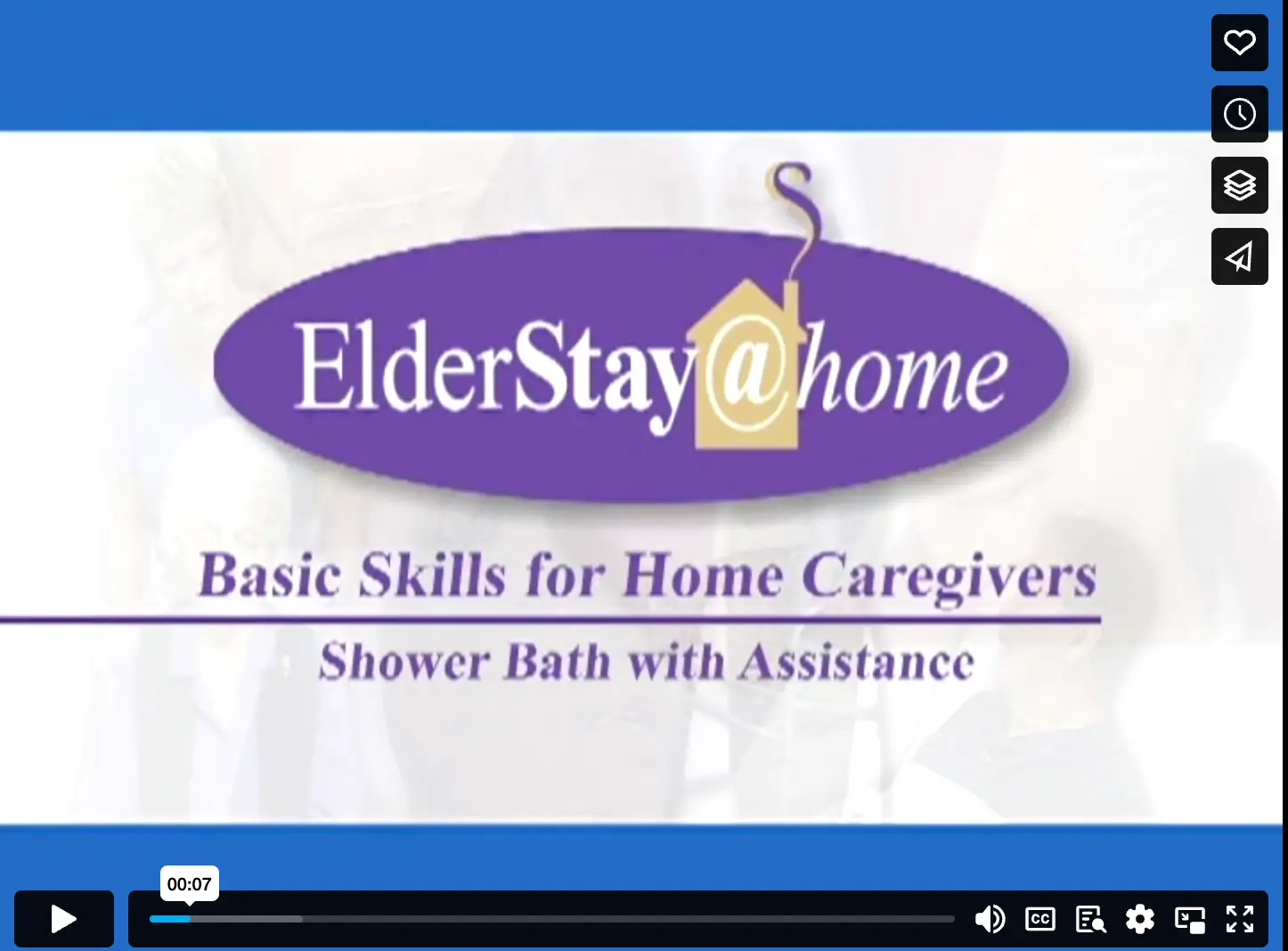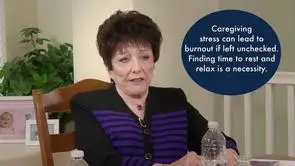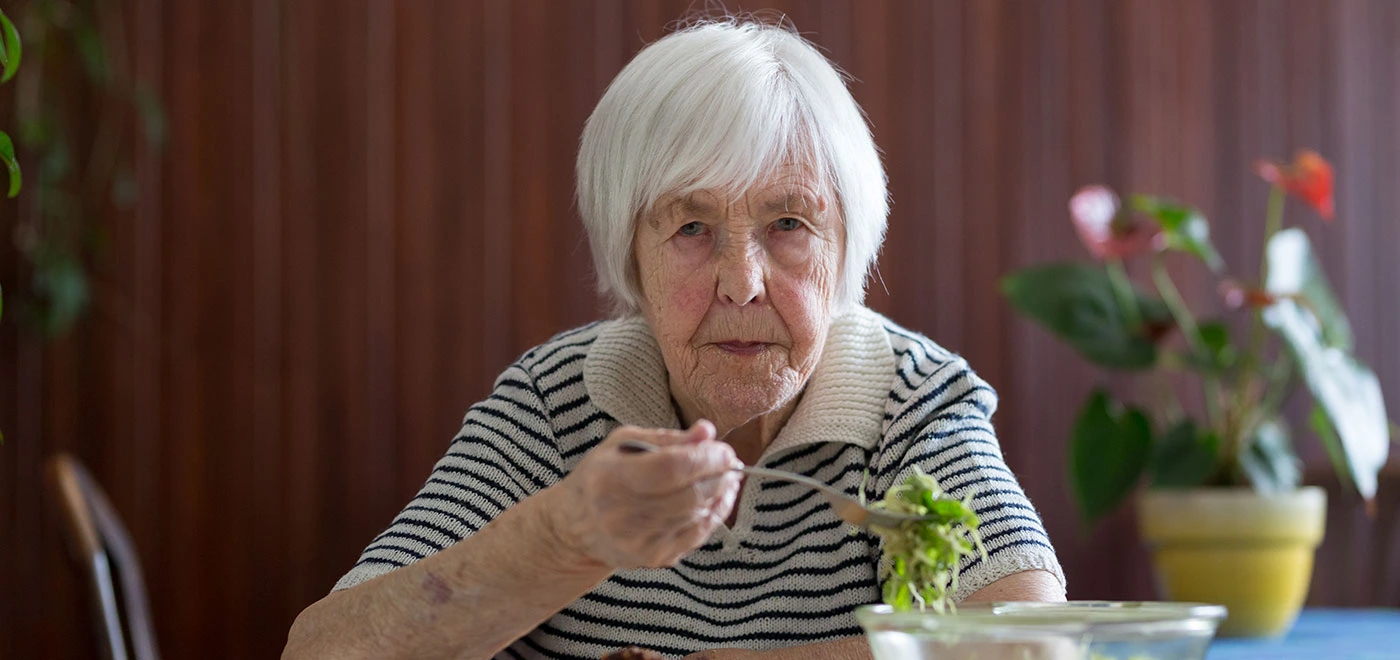You pour your heart into caring for someone you love—but who's caring for you? Being a family caregiver often feels like putting everyone else's needs first while your own take a backseat. Taking care of yourself isn't selfish; it's essential. These ten practical tips will help you weave self-care into your daily routine, making [...]
Range of motion exercises are vital techniques that caregivers can use to help maintain or improve joint flexibility in care recipients. Whether caring for someone recovering from surgery, managing a chronic condition, or dealing with limited mobility, understanding how to properly perform these exercises can significantly improve quality of life and prevent complications. [...]
Proper turning and positioning of bedridden elderly patients is a critical aspect of caregiving that directly impacts their health, comfort, and quality of life. When an elderly loved one is confined to bed due to illness, injury, or limited mobility, knowing the correct techniques for positioning bedridden elderly can make a significant difference [...]
Managing incontinence and toileting needs is among the most challenging yet essential aspects of caregiving. Whether you're caring for an elderly parent, a disabled family member, or someone with medical conditions affecting bladder or bowel control, understanding how to address these needs with dignity and effectiveness is crucial for both the care recipient's [...]
Providing bathing assistance is one of the most intimate and challenging aspects of caregiving. For many family caregivers, helping a loved one with bathing can be both physically demanding and emotionally complex. Whether you're caring for an elderly parent, a disabled spouse, or someone recovering from surgery, understanding how to help someone bathe [...]
Caregivers share the assorted ways they find time to relax and recharge. Claudia, Caregiver for Mother, 12 Years, Texas: You have to cordon out a little bit of space and a little bit of time to refresh and take care of yourself so that you can take care of him better, in [...]
Your loved one with Alzheimer’s disease may wander off for a variety of reasons. Wandering may be due to stress or fear, boredom, or searching. They may wander off trying to fill a basic need, like hunger or a need to go to the bathroom. Sometimes they are reliving their former lives, believing that they [...]
People with Alzheimer's disease frequently experience sleep disorders, particularly as the condition progresses. These sleep disturbances in Alzheimer's disrupt not only the health and well-being of the individual but also significantly impact family caregivers, whose own rest is often interrupted by their loved one's nighttime wakefulness and wandering. For family caregivers, managing Alzheimer's sleep problems [...]
Over a lifetime the average American spends about three years eating. That's a lot of meals. By the time you've reached late life, food may have lost some of its appeal. There are a variety of reasons why people lose their appetites as they age: Badly fitting dentures, gum disease, or dry mouth can make [...]
Why Hydration Matters for Dementia Patients Our bodies are over 50% water, essential for blood circulation and organ function. While dehydration is uncommon in younger adults, it's alarmingly prevalent in older individuals, particularly those with Alzheimer's disease or related dementias. Most seniors experience at least mild dehydration regularly due to medication side effects and deliberately [...]

